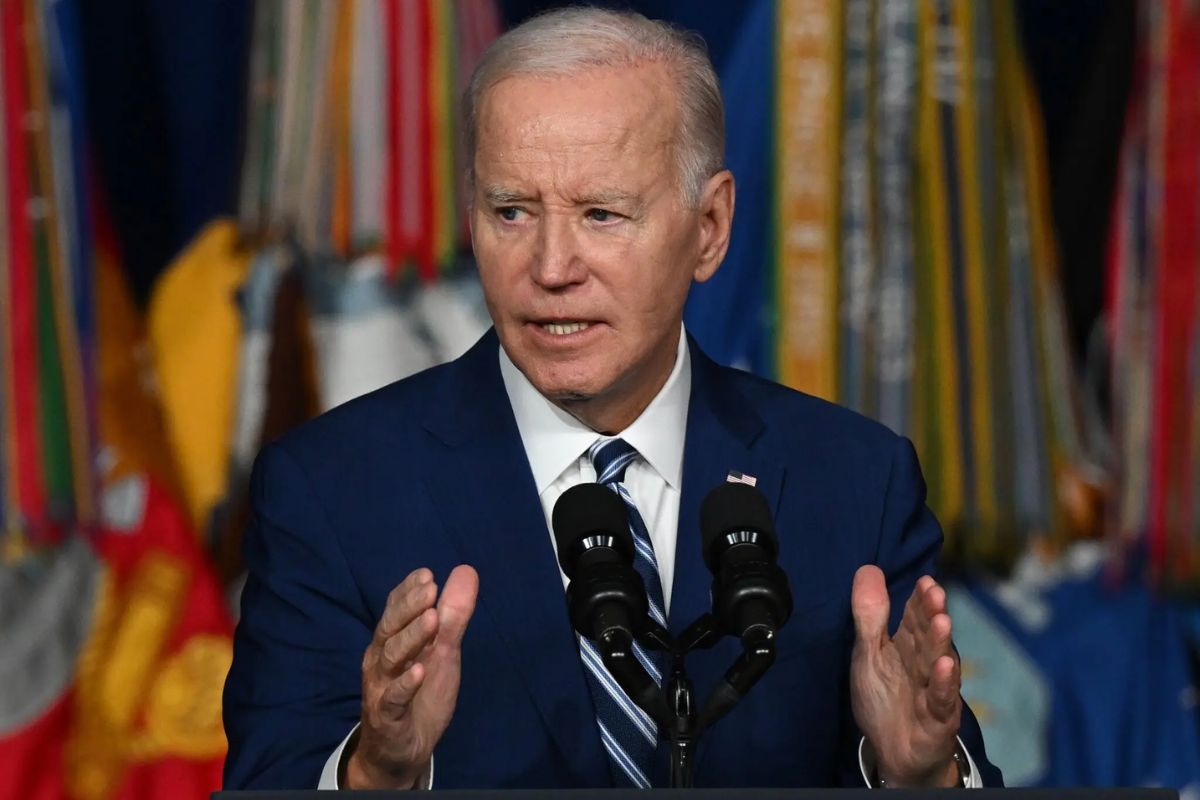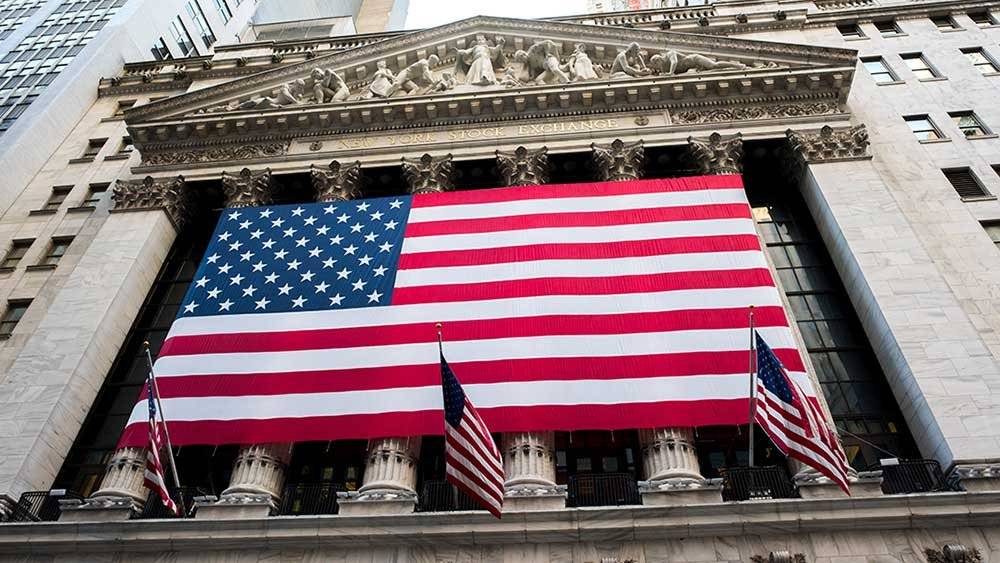Washington – A group of social media users and two states attempted to limit the Biden administration’s efforts to force social media companies to remove content that officials claimed was false, but the Supreme Court denied their request on Wednesday.
The users and the states of Louisiana and Missouri, the court decided, lacked the legal standing to request an injunction against the Biden administration for its interactions with the sites. After administration officials nudged them to remove or suppress their social media posts the users claimed that this violated their right to free speech.
In the case of Murthy v. Missouri the Supreme Court decided 6-3, with Justice Amy Coney Barrett writing the majority opinion. Chief Justice John Roberts along with Justices Sonia Sotomayor, Brett Kavanaugh, Elena Kagan, and Ketanji Brown Jackson, joined her.
Murthy v. Missouri
The legal battle revolved around the five social media users’ claims that the Biden administration’s discussions with platforms violated their First Amendment rights. According to the challengers federal officials were conducting a massive federal censorship enterprise compelling social media businesses to censor or suppress content with which they disapproved.
Users and politicians from Louisiana and Missouri petitioned the Supreme Court to limit the extent to which the federal government can interact with social media businesses. They argued that the Biden administration’s efforts exceeded the scope of the constitution which allows for persuasion but not compulsion.
The Supreme Court’s decision comes as the federal government prepares to combat misinformation online ahead of the November presidential election while also facing advanced AI capabilities that are more widely available to the public. The case was one of several before the justices this term that dealt with the interplay between social media and the First Amendment’s free speech safeguards.
As per CBS News In this case, a federal district judge in Louisiana sided with the social media users ruling that White House officials, some federal agencies, and their employees violated the First Amendment by coercing or significantly promoting social media companies content-moderation judgments. The judge imposed a broad order that limits the Biden administration’s interactions with platforms.
A federal appeals court determined that the FBI and several White House officials compelled platforms to hide content about COVID-19 vaccines and the 2020 election in an illegal manner. However, the district court judge’s injunction was limited by the court to a narrower subset of government employees.
In October, the Supreme Court decided to hear the case and decide whether the Biden administration had improperly attempted to censor content on YouTube, Facebook, and X.
The court’s decision to delay the lower court’s injunction was dissented from by Justices Clarence Thomas, Samuel Alito, and Neil Gorsuch, who stated that they would have kept the restrictions on the Biden administration’s interactions with platforms in place while the case was pending.
In light of its attempts to encourage Americans to get vaccinated during the epidemic the Biden administration claimed that it was utilizing the bully pulpit to force platforms to remove content that it deemed to be objectionable. The administration issued a warning claiming that the district court’s restrictions would make it more difficult for it to respond to threats to national security or share information about public health.
However, the challengers’ attorneys asserted that social media businesses were being utilized by the Biden administration to stifle speakers and opinions, and they charged that public servants were intimidating the platforms.
Read more
History of June 26: Berlin Blockade Airlift begins

Mike Neon is a seasoned journalist specializing in United States news, known for his comprehensive coverage of national affairs and current events. With a career spanning 5 years in journalism, Mike has established himself as a reliable source of accurate and insightful reporting. His articles delve deep into political developments, social issues, and cultural trends shaping the United States today. Mike Neon’s dedication to providing balanced perspectives and in-depth analysis ensures that readers stay informed about the latest developments that impact the nation.







